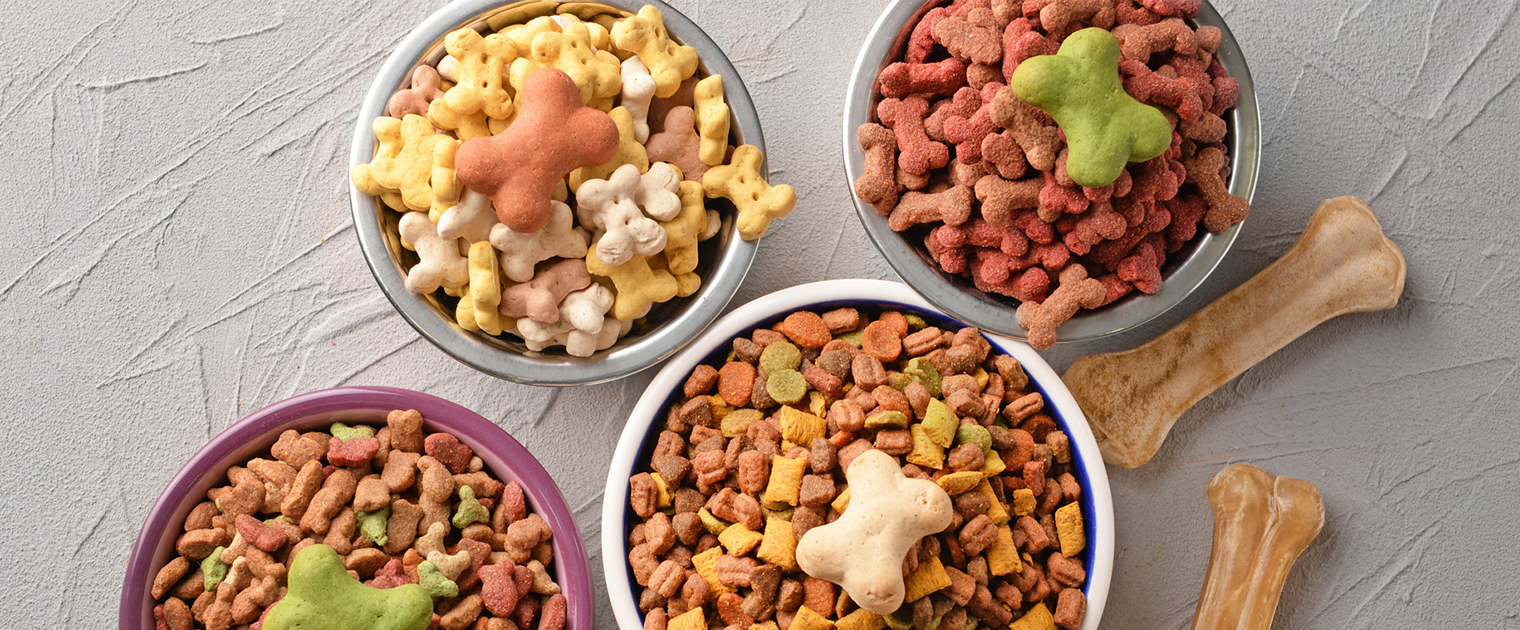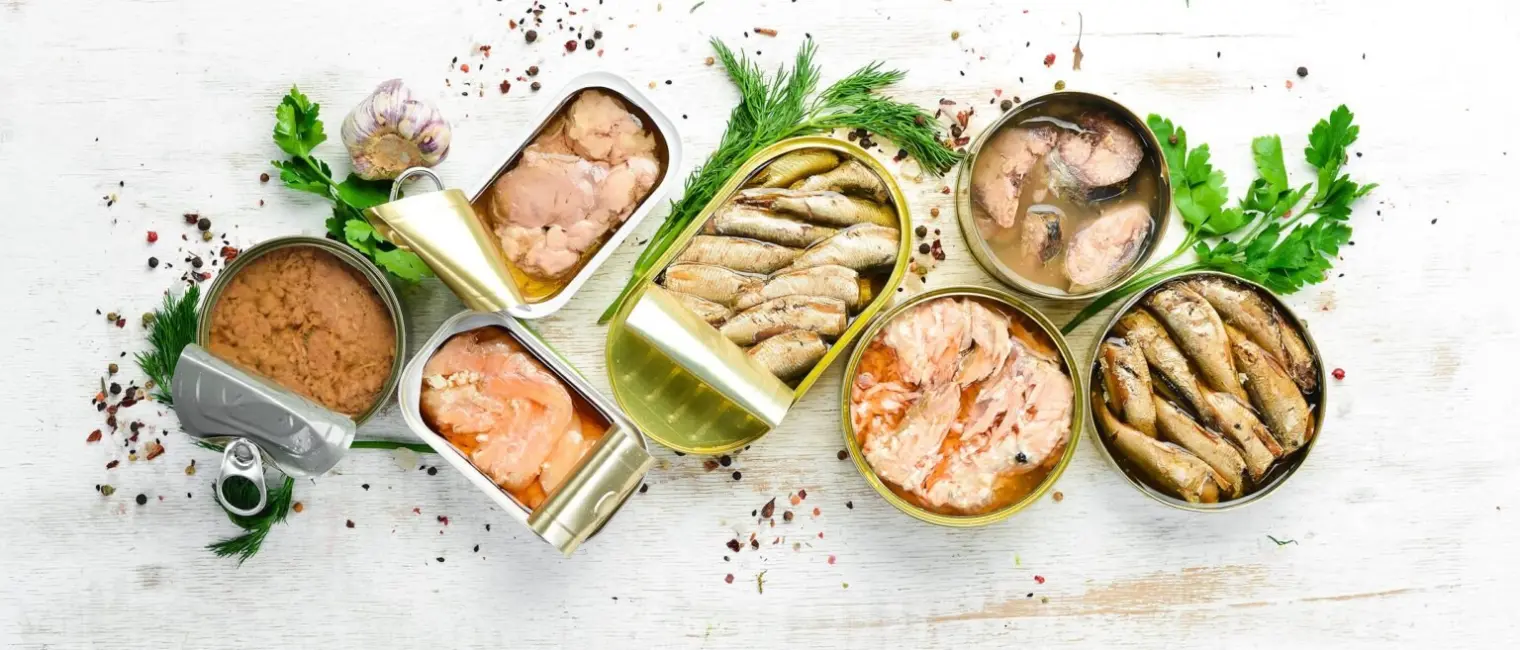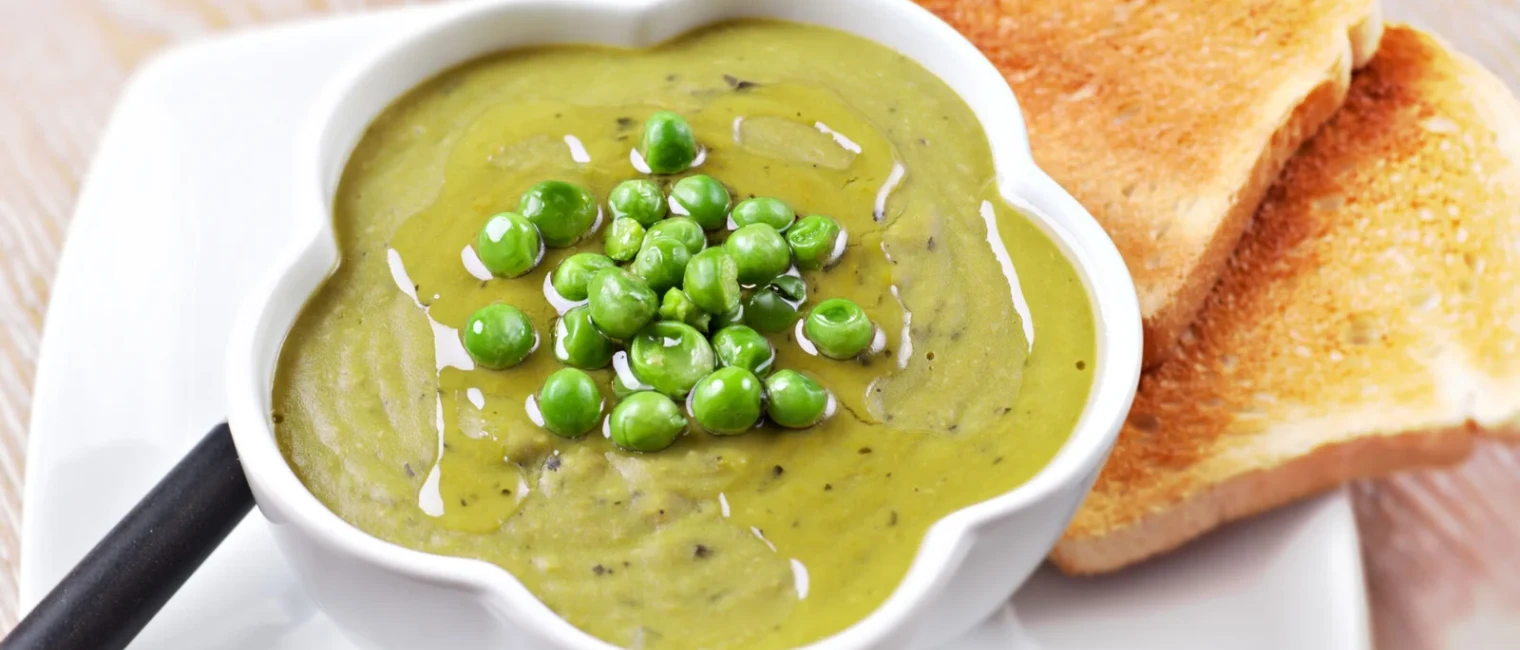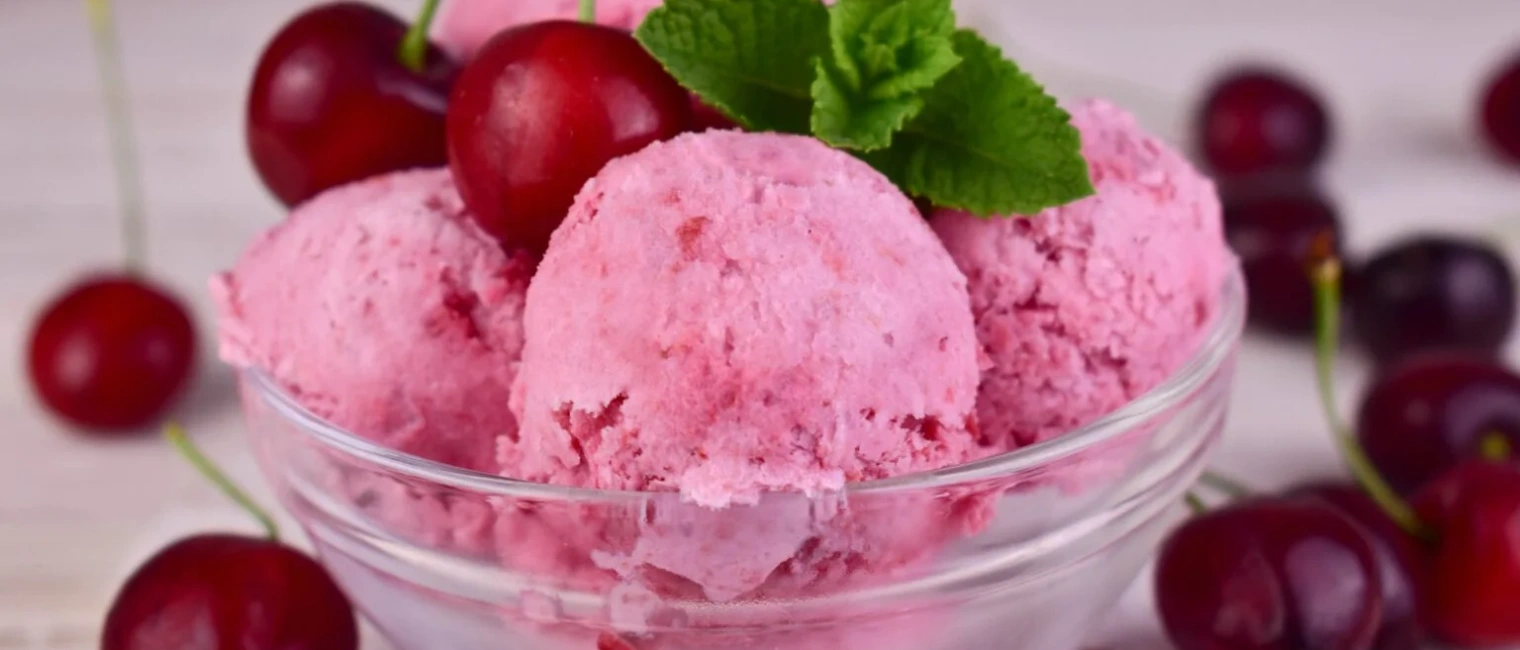There’s a growing trend of pet parents making conscious choices for their pets. Not just vegetarianism and eco-friendly grooming products, they’re careful to the extent that they scan pet food packages to examine the kind of pet food coloring used.
Food coloring is used to enhance the appearance and to add color to complement the flavor of pet foods such as treats, dog biscuits, kibble, jerky, etc. Consumers take the time and put in the effort to find the safest food made from natural colors.
Pet food manufacturers have been using innovative natural coloring solutions to meet these consumer demands in pet food applications.
Natural Color for Pet Food
Pet food can be dry or wet. Both these types of food can be enhanced with the use of pet safe food coloring. Natural color for pet food helps in restoring the color loss of ingredients as a result of the manufacturing process.
When manufacturing pet food, the heat, pH, lipid interactions, water migration, and interaction with other ingredients can impact the color performance. These are challenges faced by most pet food manufacturers.
Natural colors for pet food applications can be derived from plants, fruits, vegetables, minerals, insects, and other natural resources, for example, algae.
A wide spectrum of natural pet safe food coloring

Ever wondered where the reds and yellows of the dog food coloring come from? Or how dog treats are made pink or green?
There are different ingredients, methods and processes used to achieve the wide range of pet food colors that one sees in pet stores.
Colors from Iron Oxides
One of the processes includes blending natural colors with iron oxides to achieve a range of shades such as green, orange, yellow, and brown.
For treats, jerky, and kibble in shades of yellow, pet food manufacturers can use options such as natural colors derived from turmeric, beta carotenes, and iron oxides.
Extrusion-stable Colors
Many of the natural ingredients used to create pet food coloring are not heat stable. Manufacturing color goes through a process called extrusion. Extrusion is a process that involves high pressure and high temperature. Hence, the pet food coloring used has to be stable in these conditions.
Roha’s range of pet-safe food coloring
Roha offers extrusion-friendly colors extracted from natural sources. Roha’s experts and R&D teams have overcome technical challenges through innovation to meet the growing industry demand.
Roha’s range of natural pet food coloring solutions address challenges such as color loss during manufacturing processes, heating, pH, and interactions with other ingredients that can affect color performance.
If you’re a pet food manufacturer looking to create safe pet food, you can leverage natural pet food coloring to create pet foods in a wide range of colors. Get in touch with our experts to explore our wide range of natural pet food coloring solutions.






Global
Simpsons